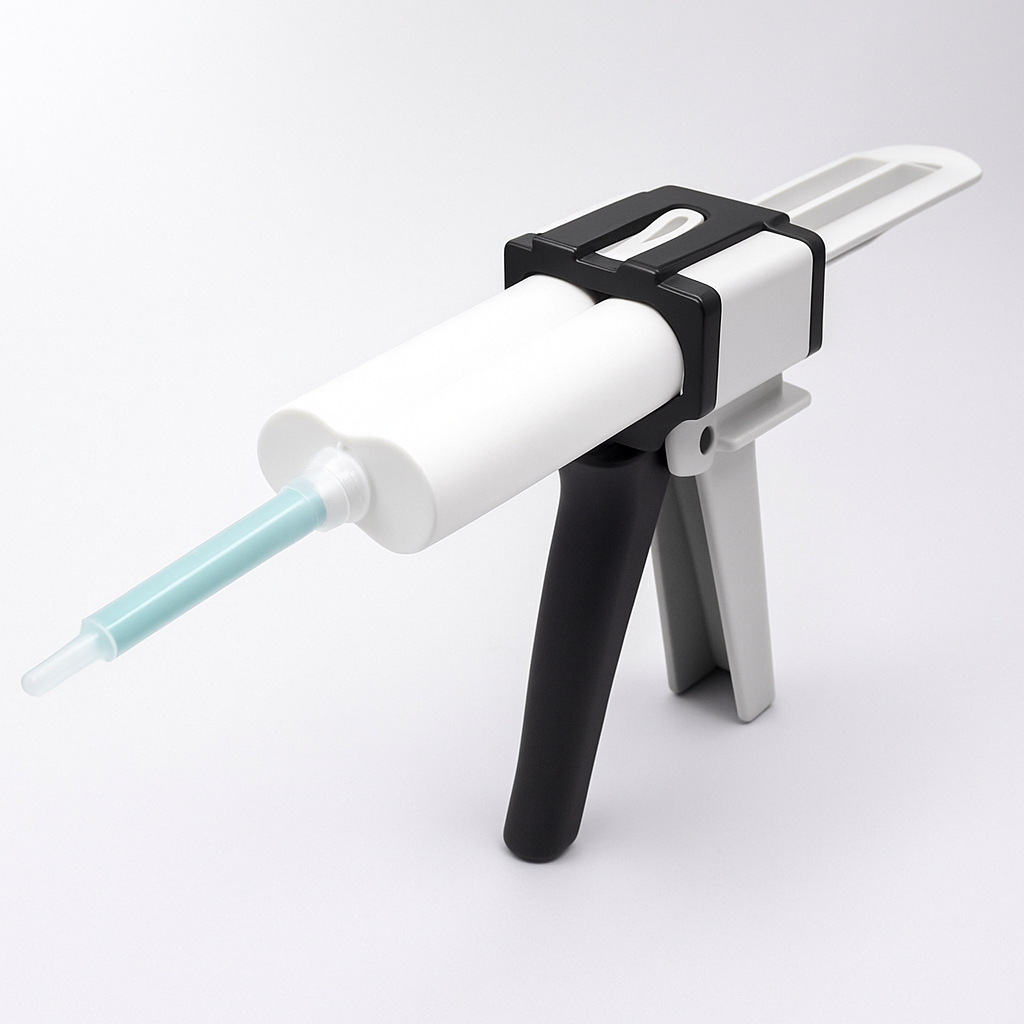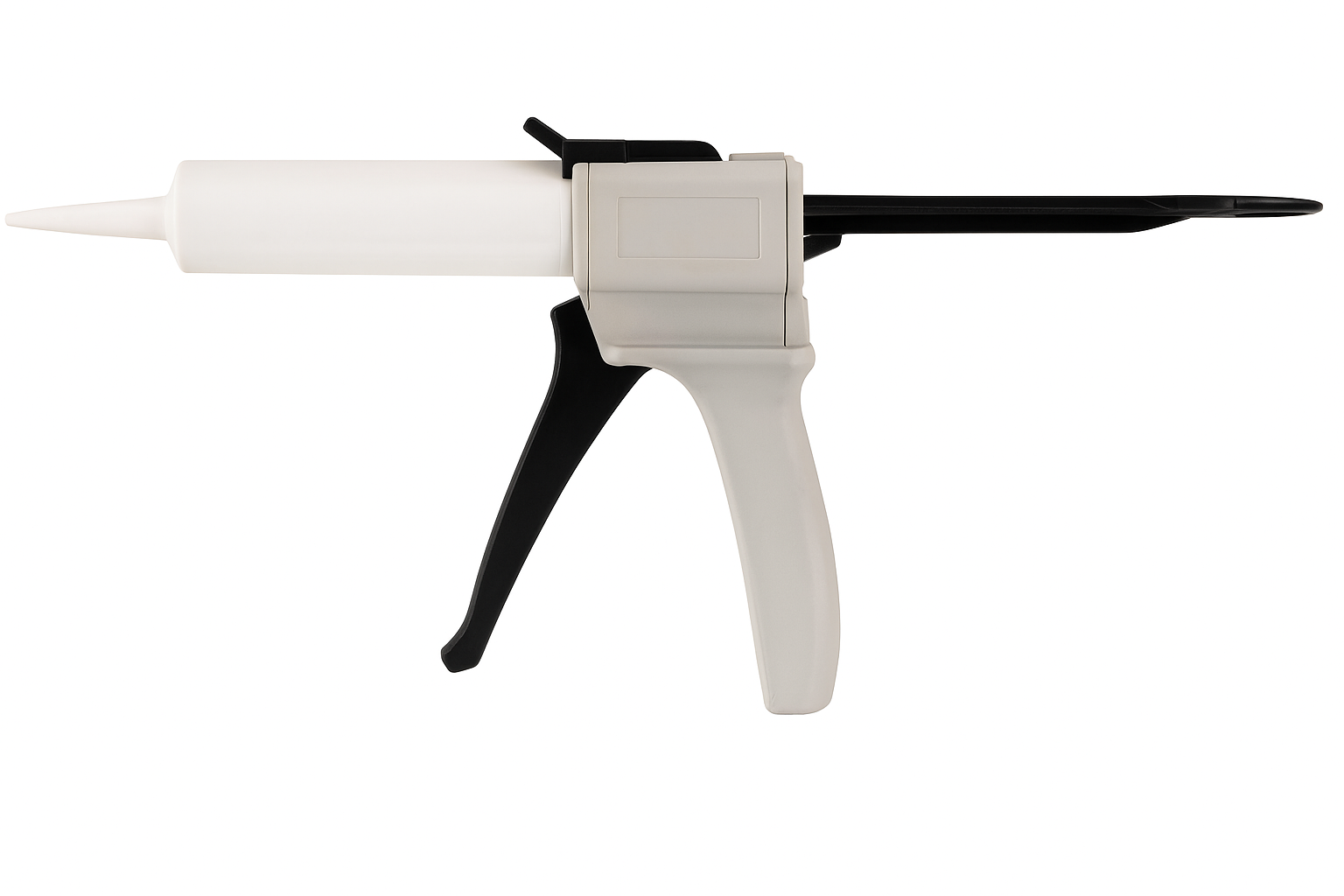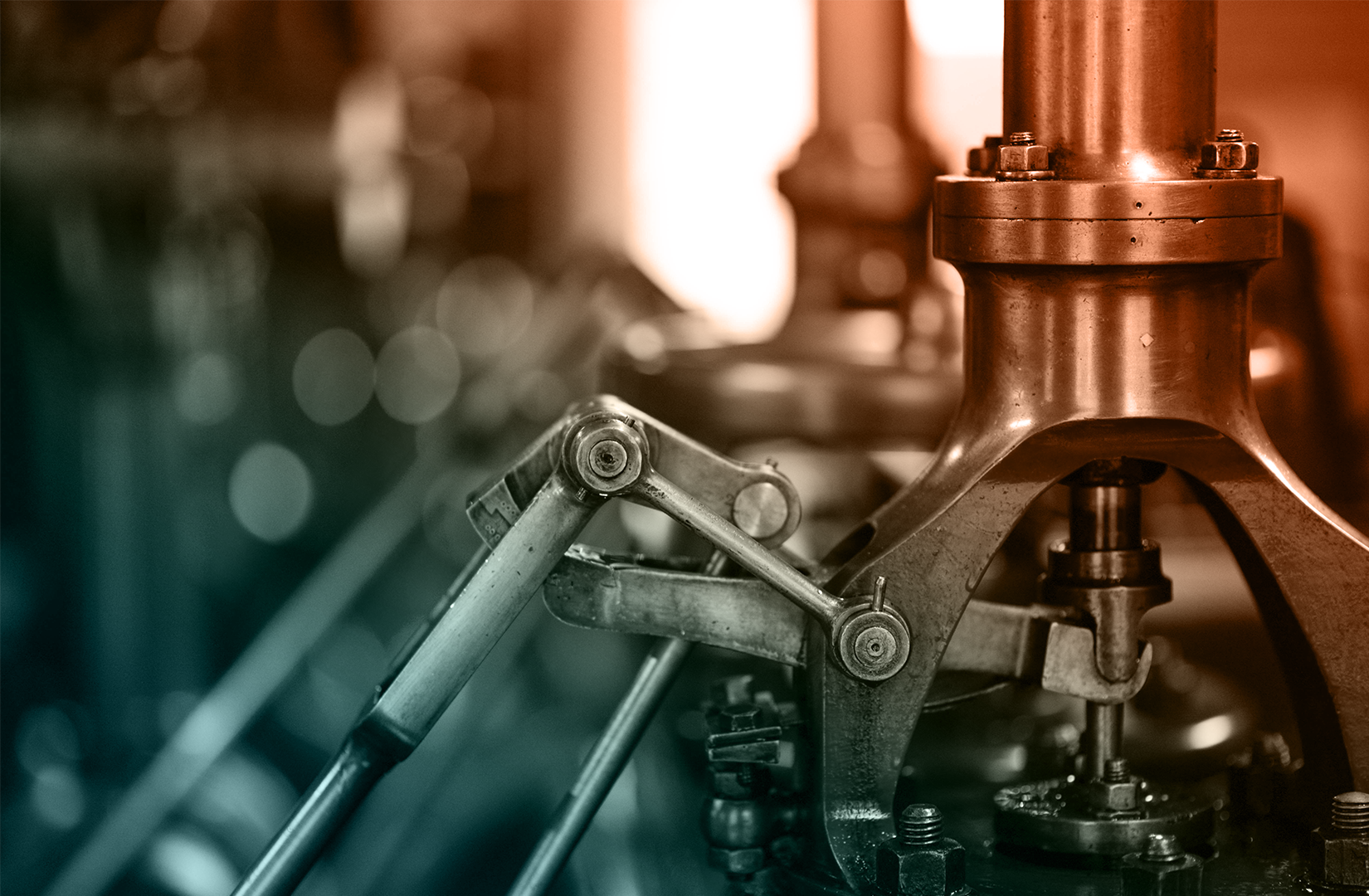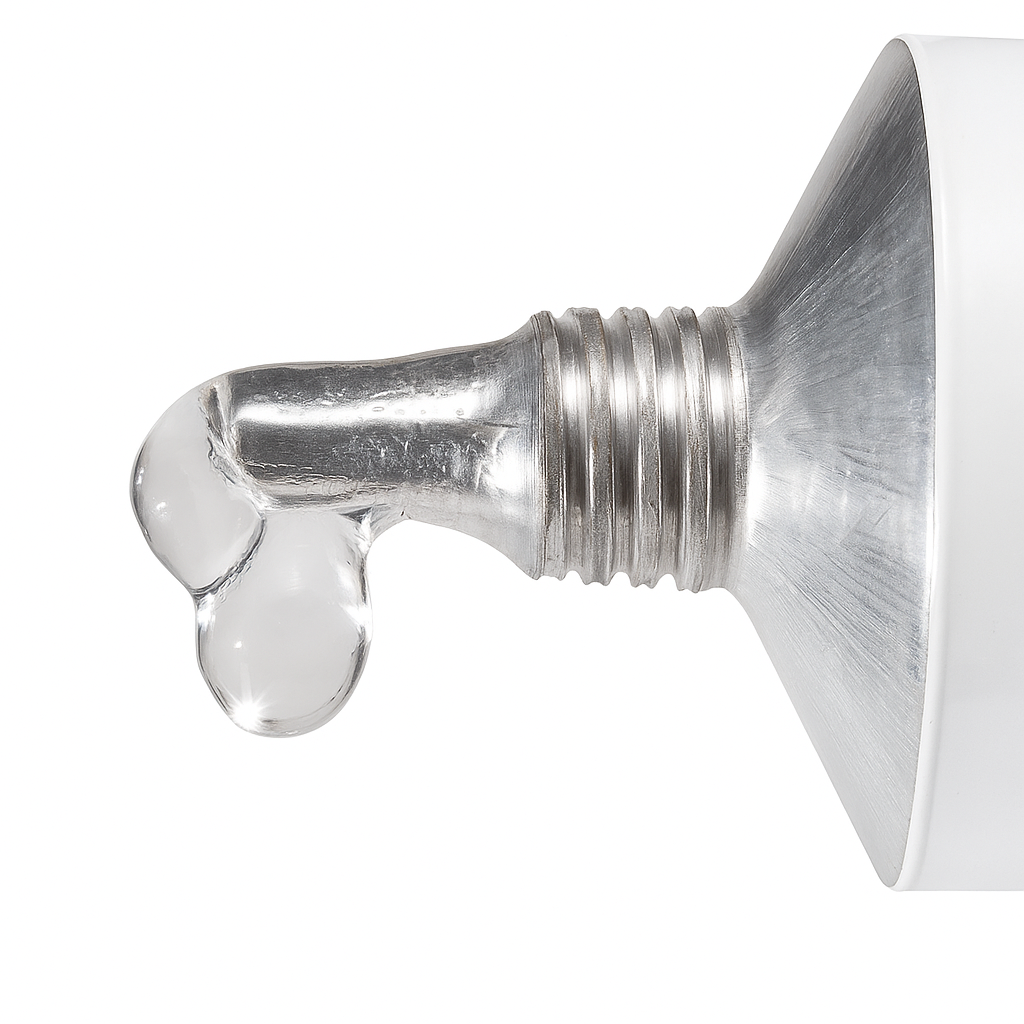
Methacrylate Adhesives (MMA)
Methacrylate adhesives—commonly known as MMA adhesives, acrylic adhesives, or structural acrylic adhesives—are high-performance bonding agents designed for structural applications requiring strong, long-lasting bonds. These adhesives offer exceptional performance across a wide range of substrates, including metals, plastics, composites, and dissimilar materials. Trusted by engineers across industries, popular methacrylate brands include Plexus, LORD, ITW Devcon, 3M™ Scotch-Weld™, and Permabond.
Whether you're bonding aluminum to fiberglass, plastic to metal, or assembling large composite structures, MMA adhesives deliver the strength and speed needed for industrial production.
Check with one of Canyon’s helpful product engineers for an expert material and manufacturing recommendation.

Features of MMA
Methacrylate adhesives are known for their high-performance characteristics:
- High shear and peel strength for durable, structural bonding.
- Excellent impact and vibration resistance, even under cyclical loads.
- Minimal surface preparation—often no need for primers or sanding.
- Rapid curing and short handling times, reducing assembly bottlenecks.
- Gap-filling capabilities up to several millimeters without losing strength.
- Resistant to moisture, solvents, and harsh environmental conditions.
- Bonds dissimilar materials with differing coefficients of thermal expansion.
- Ease of dispensing—compatible with manual and automated equipment.
These properties make structural acrylic adhesives a popular choice in industries where traditional mechanical fastening or welding is inefficient or impossible.
Common Applications of MMA
MMA adhesives are widely adopted for demanding applications where reliability and structural integrity are critical:
- Automotive manufacturing: plastic and composite panel bonding, bumper assembly, and metal reinforcement.
- Transportation industry: used in trucks, buses, and railcars for composite skins and aluminum bonding.
- Marine applications: hull bonding, cabin assembly, and structural deck components.
- Wind energy: blade bonding, nacelle assembly, and interior composite panels.
- Aerospace and defense: lightweight composite bonding and dissimilar material joining.
- General industrial assembly: shelving systems, HVAC enclosures, vending machines, and appliance casings.
By eliminating the need for fasteners or welding, methacrylate adhesives streamline production and reduce total part weight.
Please consult a Canyon Components Engineer about your specific application and we will use our decades of experience to formulate a solution that fits your need.
Specialty Variants of MMA
Methacrylate adhesives are available in a wide range of formulations to meet industry-specific requirements:
- Low odor / no-odor versions: Designed for applications with indoor air quality constraints or enclosed spaces.
- Fast-curing formulas: Reduce clamp time and boost throughput in automated lines.
- Fire-retardant grades: Developed for transportation and electronics applications with flammability regulations (UL 94, FAR 25.853, etc.).
- Low-temperature curing: Ideal for field assembly or cold-weather applications.
- Flexible / toughened grades: Add impact resistance and flexibility to withstand dynamic loads and thermal expansion.
- Multi-surface bonding: Formulated to adhere to low-energy surfaces like polypropylene, TPO, or coated metals.
- Colored variants: Available in black, white, gray, and custom colors for visual alignment or inspection.
Specialty variants help manufacturers meet strict application requirements without compromising performance or process speed.

Get a Quote Now!

Pros and Cons of MMA
If you're building products that require durability, strength, and speed, methacrylate adhesives are a smart choice. They eliminate the need for mechanical fasteners, reduce assembly time, and handle even the most difficult-to-bond substrates. Unlike epoxies or urethanes, MMA adhesives can often be applied without primers and cure rapidly—even at room temperature.
For engineers, that means more design freedom and fewer material compatibility headaches. For production managers, it translates to faster throughput, fewer processing steps, and cost savings in both labor and materials. Methacrylates also simplify bonding in applications where welding or rivets are impractical or visually disruptive.
Whether you're assembling large composite structures or bonding dissimilar materials, structural acrylic adhesives offer a highly effective, scalable, and efficient solution for today’s advanced manufacturing needs.
Pros of MMA
- Bonds a wide variety of materials, including metals, plastics, and composites.
- Requires little to no surface prep, saving time and reducing labor.
- High peel and shear strength under harsh environmental conditions.
- Rapid cure and handling times enable fast-paced production.
- Excellent fatigue and vibration resistance.
- Strong chemical and water resistance for long-term durability.
Cons of MMA
- Typical temperature resistance (up to ~120°C) is lower than that of epoxies.
- Some standard formulas have strong odor; low-odor variants are available but may cost more.
- Shelf life varies by formulation—usually 6–12 months and requires controlled storage.
- May not be ideal for clear or transparent bonding due to their opaque finish.
Back to Adhesives Hub

Get A Quote Now!

Groove Design References
Learn More
Coatings, Packaging, & Other Services
Learn More
Custom Parts & Custom O-rings
Learn More
